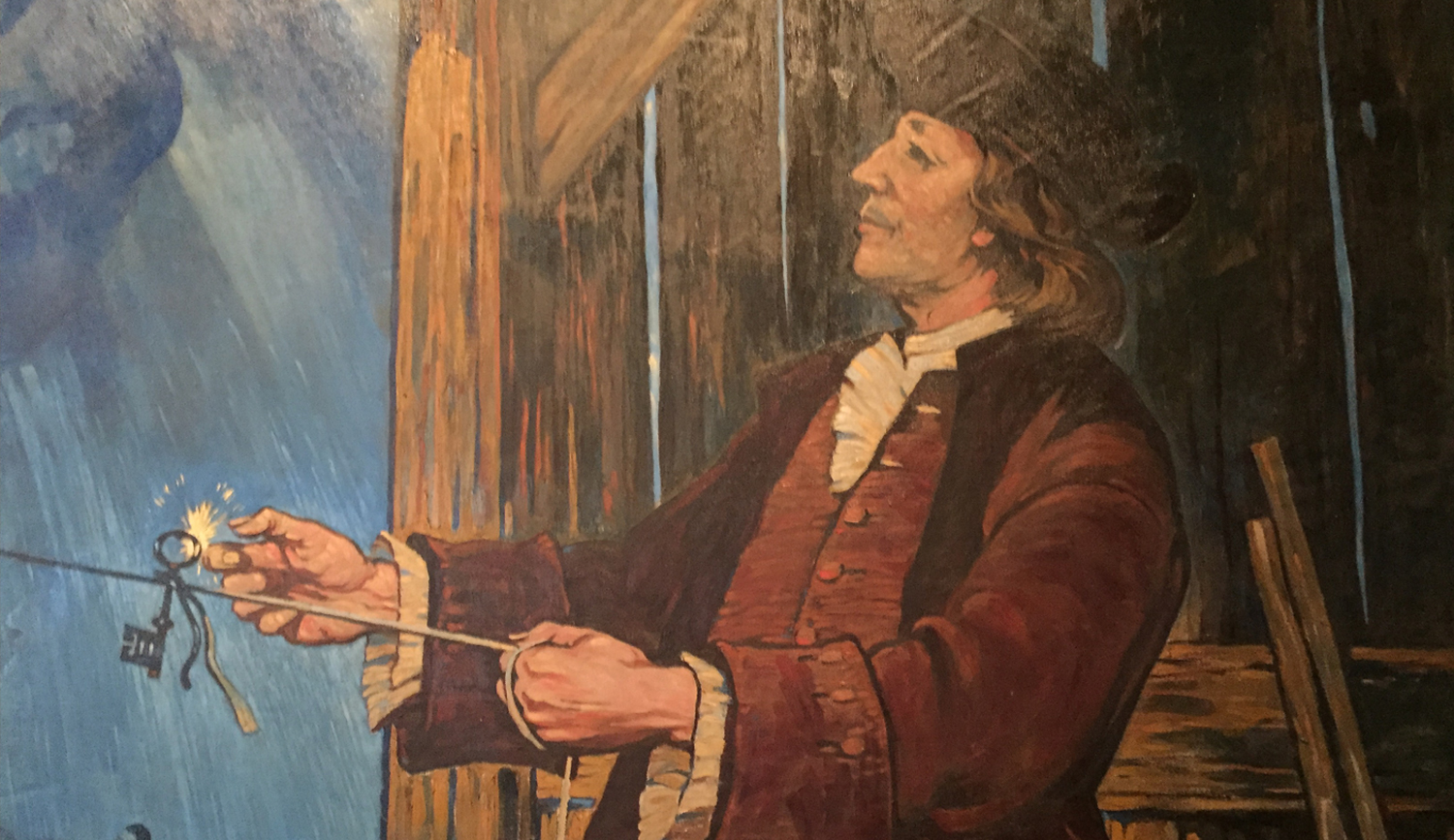Best known for his novels Animal Farm and 1984, George Orwell would seem an unlikely apologist of Adolf Hitler. Though no supporter of the Fuhrer, Orwell acknowledged Hitler’s underlying appeal to the Germans that entices us all: An inherent desire to fight. This impulse to fight finds vent in our own country as evinced by riots and left/right confrontations these past several years.
But first back to Mr. Orwell, whose 1940 book review has been examined by David Wood in Orwell’s Review of Hitler’s Mein Kampf: A Lesson for Today. (youtube.com/watch?v=LA4gI69CMsg&t=5s)
In his Mein Kampf review, Orwell observed that the masses grasp the falsity of ‘progressive’ thought that tacitly assumes that human beings only want ‘ease, security, and the avoidance of pain’. Yet, David Wood notes that children do not play with pacifist toys, but with toy soldiers and guns, thunder cats or transformers; gamers today love video ‘shoot ‘em ups’ and war games. A part of us that wants struggle, drums, parades (demonstrations) and flags (or banners).
Wood notes that today’s Americans live in comfort unknown to history, devoid of real external threats, yet we remain looking for a fight, something to rally around, with an underlying desire to crush the opposition. He contends that we once had more serious issues to rally round such as abolishing slavery, women’s suffrage, or integration. While we continue to make progress, we still seek and magnify our problems to the extent that gender pronouns, transgender bathrooms or Christians refusing to bake cakes for gay weddings become a rally point. We have no soldiers to fight so we fight statues of soldiers instead.
Today, we ostensibly fight over which economic theory (Democrat or Republican) offers the best outcome for the most people, but in many instances we are merely choosing sides in order to take up a fight. This genetic predisposition—honed by Darwinism through a millennium of struggles to survive—remains with us, looking for an outlet. Demagogues of all stripes intuitively recognize our impulse to fight, and exploit it.
The desire to crush the opposition referenced by Wood sometimes affixes blinders as we an only see the opponent in front of us waving a red cape so that we cannot see our commonality on the periphery. For instance, how many on either side of the divide disagree with the following:
- Excessive and reactionary action by the police that lead to the death of George Floyd and other African Americans must stop.
- We need the police to protect us from urban unrest and crime.
- Rioting, looting and anarchy in the streets must cease.
- America should tighten its’ borders to stem the tide of illegal immigration.
- We must be vigilant in stopping the spread of the Covid-19.
Yet, like steel drawn to a magnet, we attach ourselves to polar opposite ends of the north or south side of the magnet drawn by a steely resolve to fight rather than recognizing that we oft agree on basic issues, and fail to meet on common ground to fix problem areas.
The instinct to fight lives on and oft repeats. Sometimes, we continue the fight until we tire of it, as we did in the 1960’s battles over civil rights and Vietnam, and opposing sides reached a détente until the next go around. In the darkest moments, we find ourselves in the whirlpool, sucked down so deep that the fight only ends with annihilation. Hitler’s Mein Kampf—literally “My Struggle’—only ended with Germany’s, and much of Europe’s–destruction, with the next struggle occurring thereafter with post war ethnic cleansing.
The documentary entitled After Hitler provides a grim reminder of what happens when the will to fight runs out of control, with the resulting destructive power of war, and its aftermath.

3 replies on “The Impulse to Fight”
And what is the role of the pacifist?
Good one Paul. The country can’t agree on anything right now, even who is President.
You are dead wrong Paul and I want to knock your block off next time I see you.
I agree that most Americans want the same things and the disagreement is over the best way to get there. But I also think there is less consensus on the inherent positivity of what were considered American values and ideals which increases the rancor in policy disputes. Maybe things aren’t really any more contentious than other periods in our history. At least we aren’t fighting over loyalty to the crown or having states seceding
Very interesting to consider whether or not a need for conflict is baked into our DNA. ‘1984’ and ‘Lord of the Flies’ are two of the most influential books in my life. I enjoyed the reference to Orwell and was unaware of his review of Mein Kampf.
As always, thought provoking.